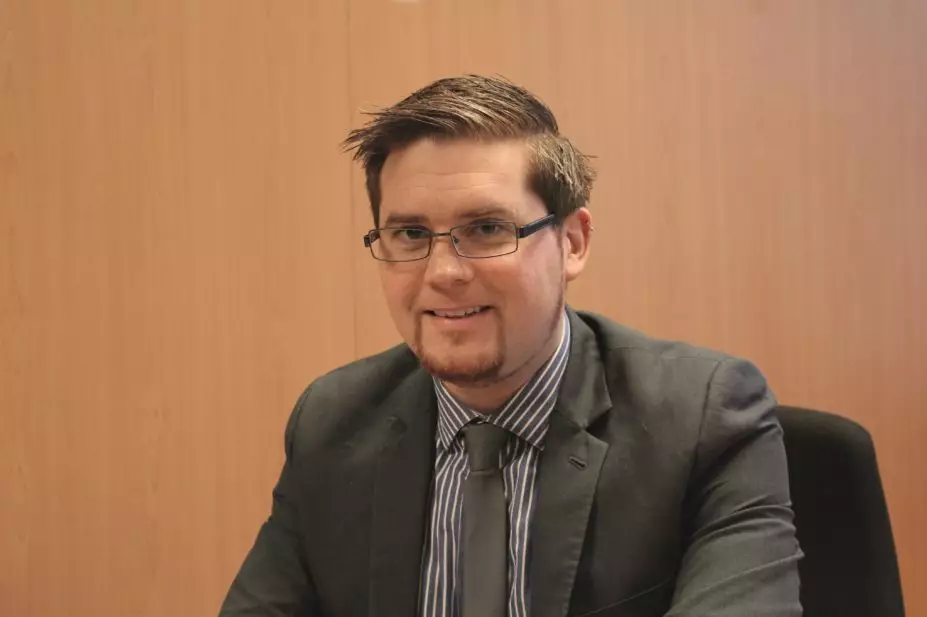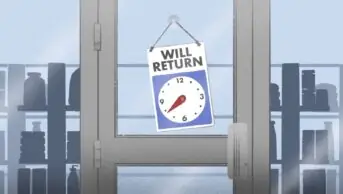
What made you decide to apply for the role at the Pharmaceutical Group of the European Union?
While I was a student, I went on an exchange programme and experienced community practice in France and also worked for a European non-governmental organisation. I love travelling, and had wanted to live abroad again since my exchange, so this, combined with the opportunity to support my profession on a European level, led me to apply for my current role. My practice experience and exposure to European affairs equipped me with the right skills and knowledge for my job as director of professional affairs at the Pharmaceutical Group of the European Union (PGEU).
What responsibilities do you have?
My responsibilities are diverse, and can range from responding to PGEU member requests for information, to reviewing policy documents for EU-funded health themed projects and communicating with other EU-level health stakeholders.
Although I am based in Brussels, my role involves a lot of travelling around Europe. For example, I recently visited Rome to advocate community pharmacy at a meeting about the EU health workforce planning and forecasting. During the same week, I planned for future presentations in Finland and Estonia about pharmacy services in Europe.
There are times where I am in and out of the European Parliament attending meetings for most of the day. Topics may include EU health literacy or antimicrobial resistance.
Other activities include chairing meetings of specific PGEU working groups, initiating public health campaigns, responding to consultations and running surveys.
What do you enjoy most about your role?
I enjoy the variety of my role because in one moment I could be advocating or lobbying for community pharmacists and then, in the next, working on professional issues and public health initiatives. I also enjoy the frequent travel and being able to meet and work with the leaders of our profession on a European level. I have the opportunity to work with members of the European Parliament, representatives from the European Commission, the European Medicines Agency, the European Centre for Disease Prevention and Control, the World Health Organization in Europe, the International Pharmaceutical Federation, and our “sister organisations” of EU doctors, dentists, vets, nurses and patients.
I also enjoy being able to apply my practice knowledge and experiences when dealing with health policy issues and projects. Often, I am one of the few trained healthcare professionals in a room of political science graduates and technocrats, which always makes for an interesting debate when I give a real life practice-based opinion during EU health policy discussions.
What do you find most challenging about your job?
The travelling can be tiring — sometimes it can be once or twice a week — as can coordinating multiple projects and managing my time between different commitments and meetings.
People I meet can sometimes be unaware of the role and skills of pharmacists, and this can be frustrating. Around half of my time is spent advocating for the profession in meetings, debates, seminars and other events to ensure that pharmacists and the pharmacy profession are recognised to their full potential in EU health systems.
What is your ultimate career goal and how do you intend to get there?
I would like to continue working in a supportive role for our profession, preferably driving an increase in responsibility for the professional services and public health roles pharmacists can perform in health systems. I have already completed an MSc in social research methods, specialising in health policy. In the future, obtaining a postgraduate qualification in public health would be useful to progress my career.
What advice would you give to other pharmacists who are interested in pursuing similar work?
Pharmacists could build their skills and experience in pharmacy affairs by engaging with their local practice forum or local pharmaceutical committee. Additionally, attending the Royal Pharmaceutical Society or National Pharmacy Association conferences would be a useful introduction to advocacy and professional affairs. If pharmacists are keen on a European or international role in pharmacy affairs, learning another language would be beneficial. I would also recommend attending European or international pharmacy conferences, which are great ways of networking.
I encourage students to go abroad either during the summer or as part of their studies, via a scheme such as Erasmus (an established exchange programme for students in the European Union), and to engage with pharmacy student associations.


